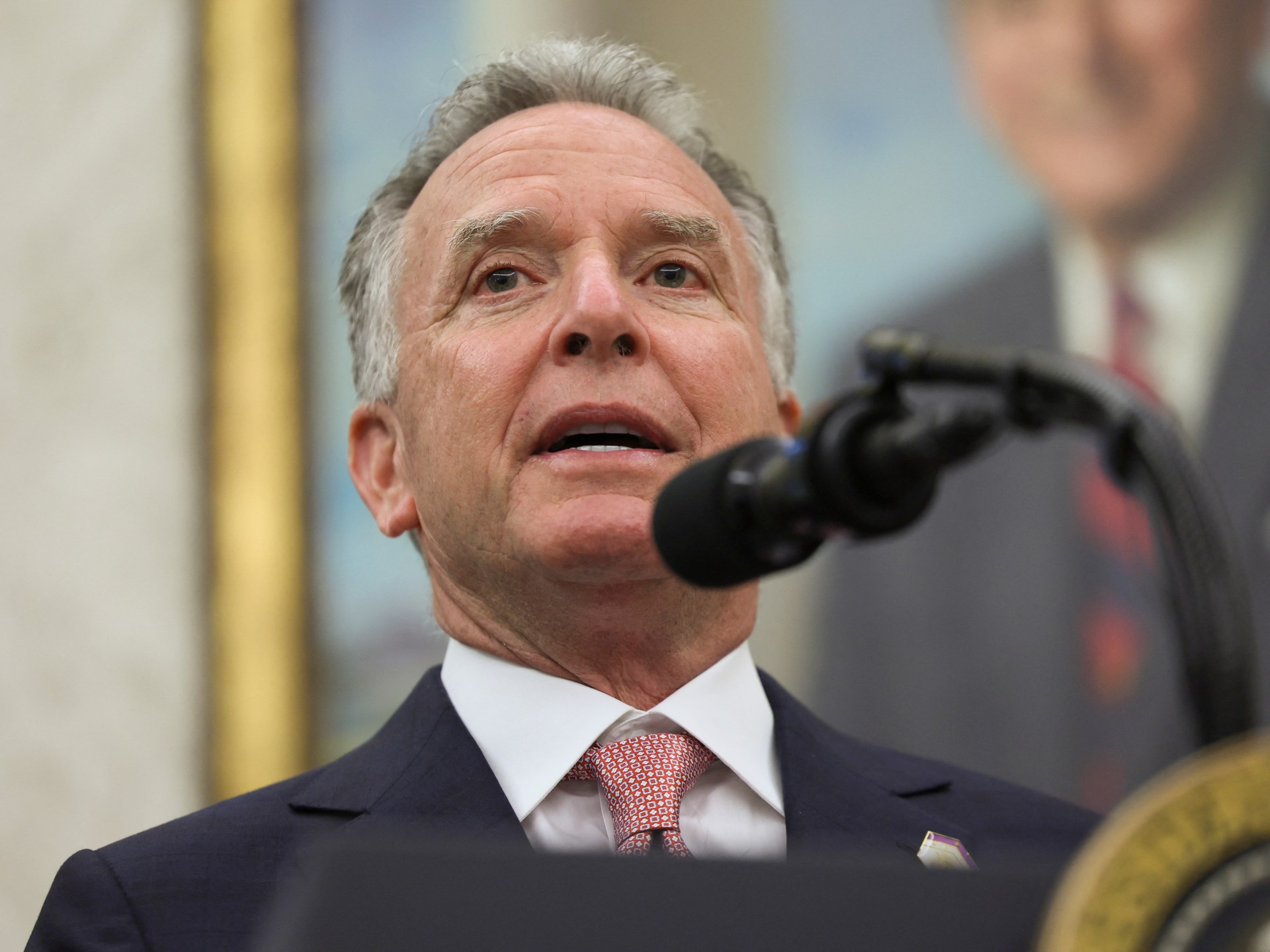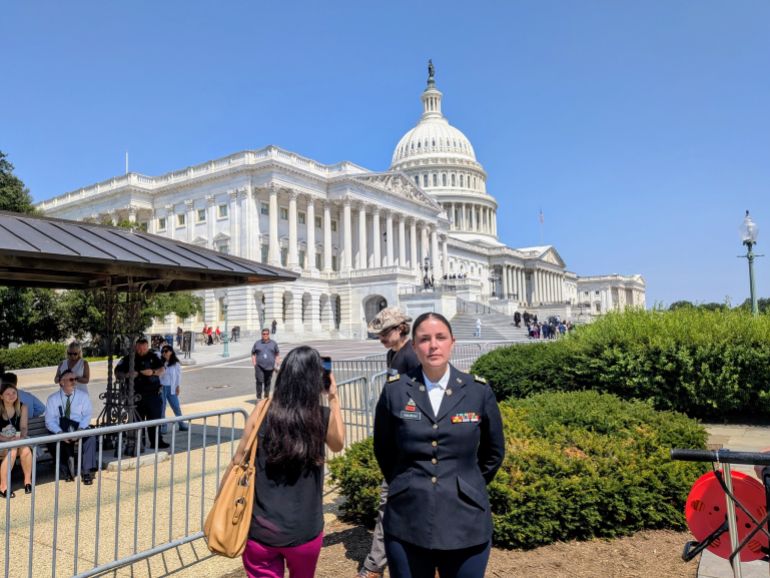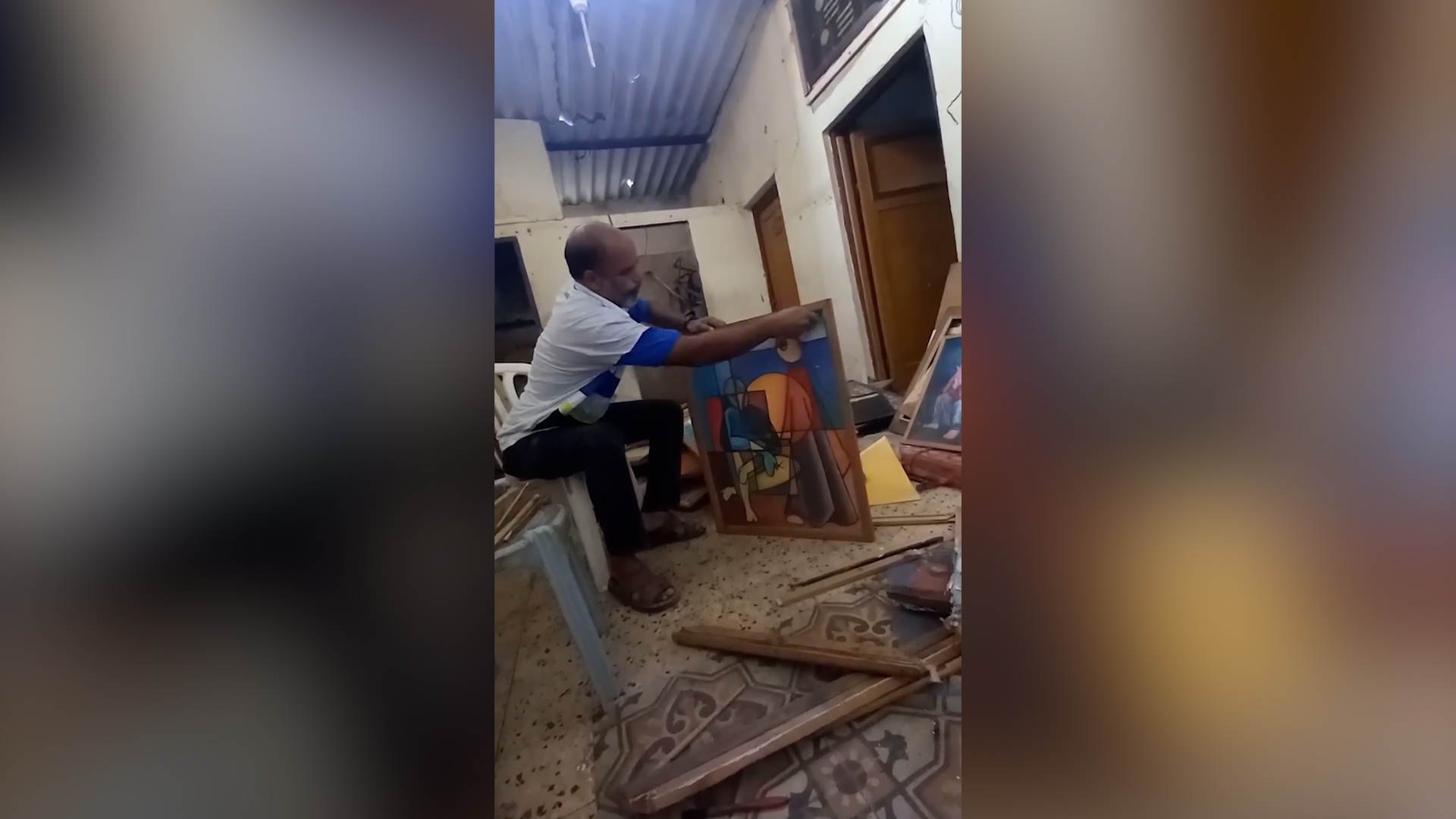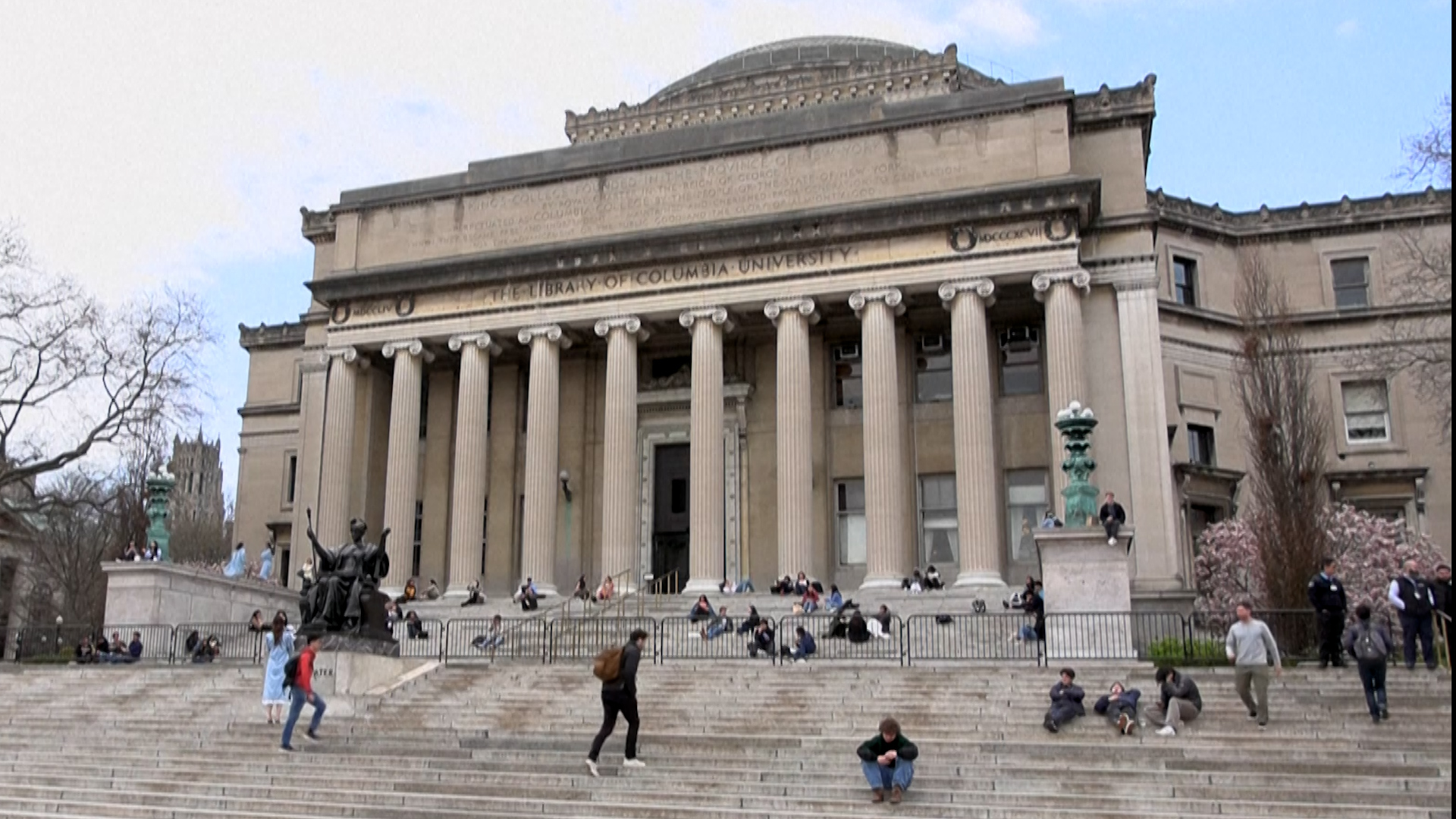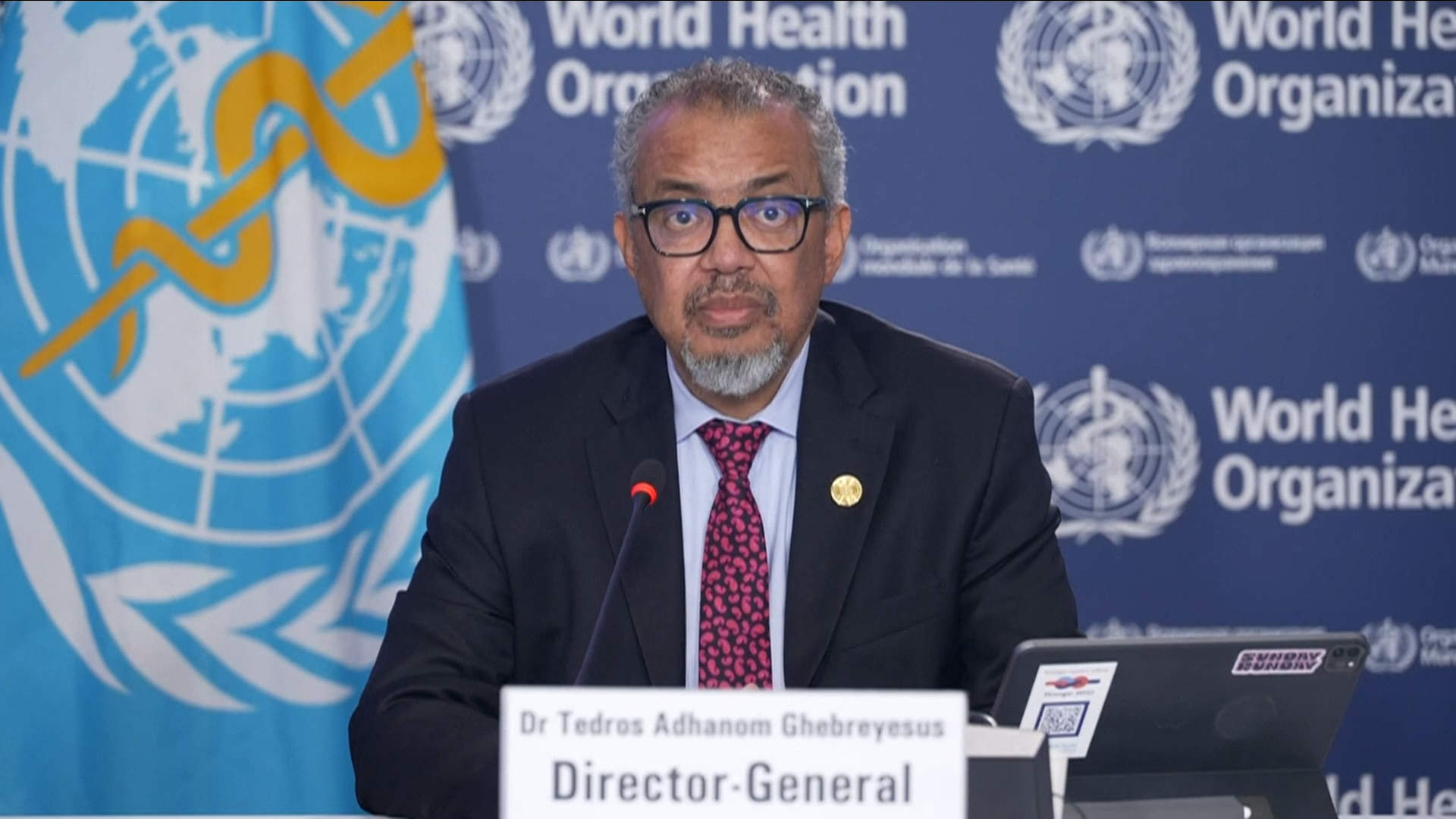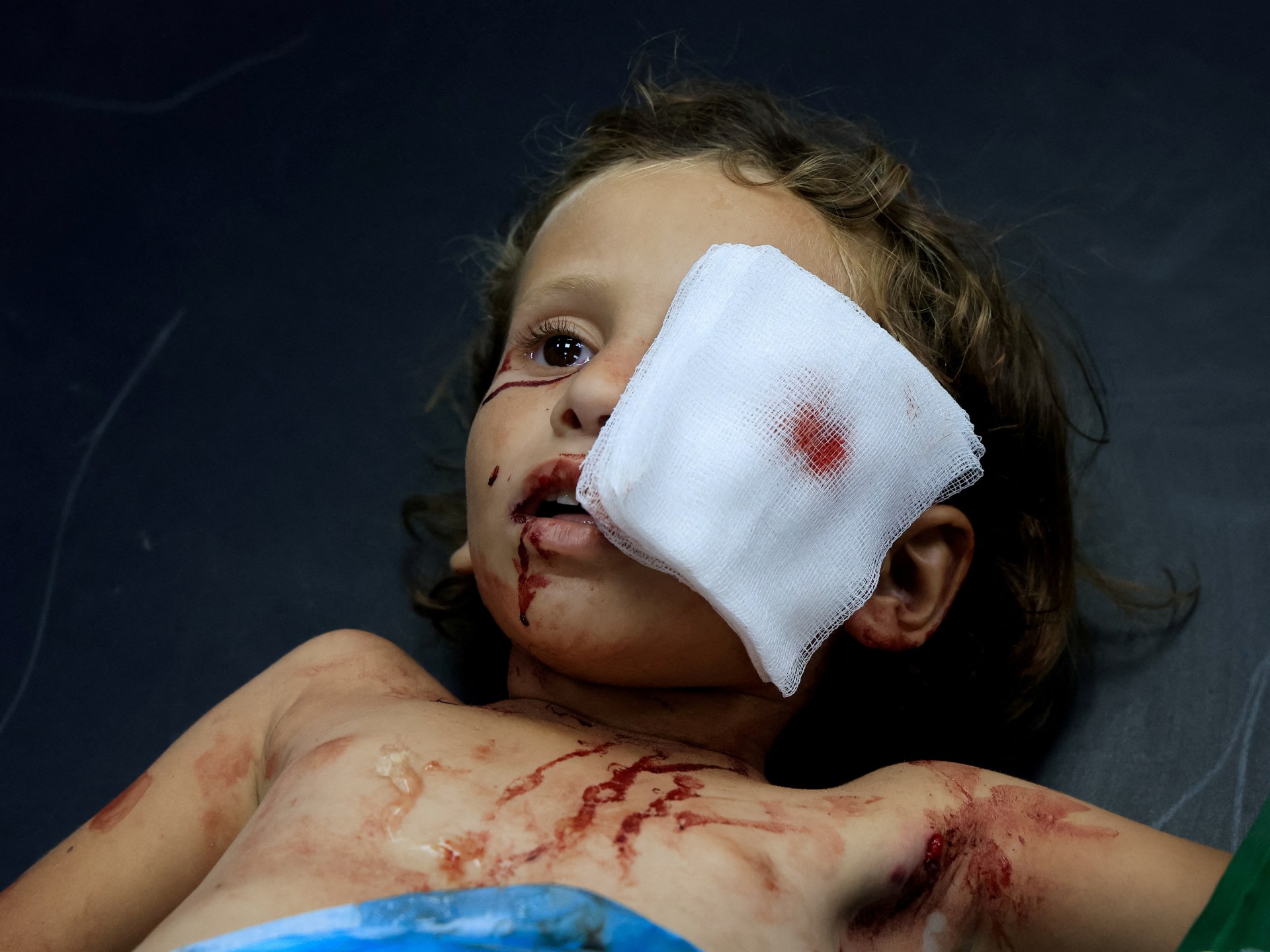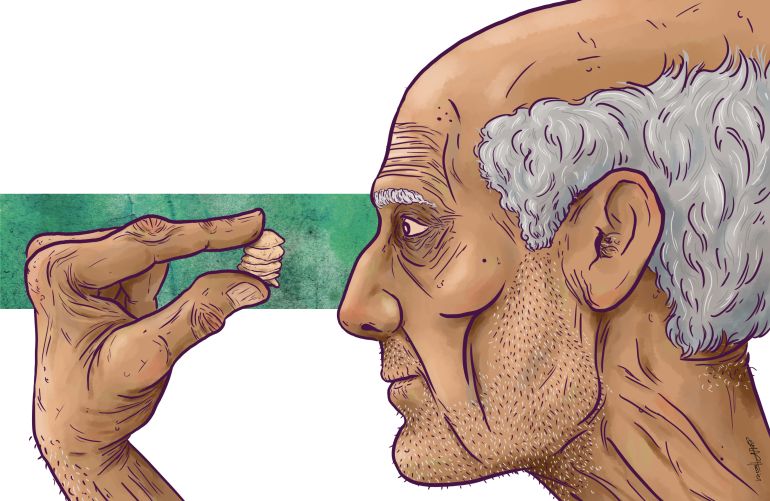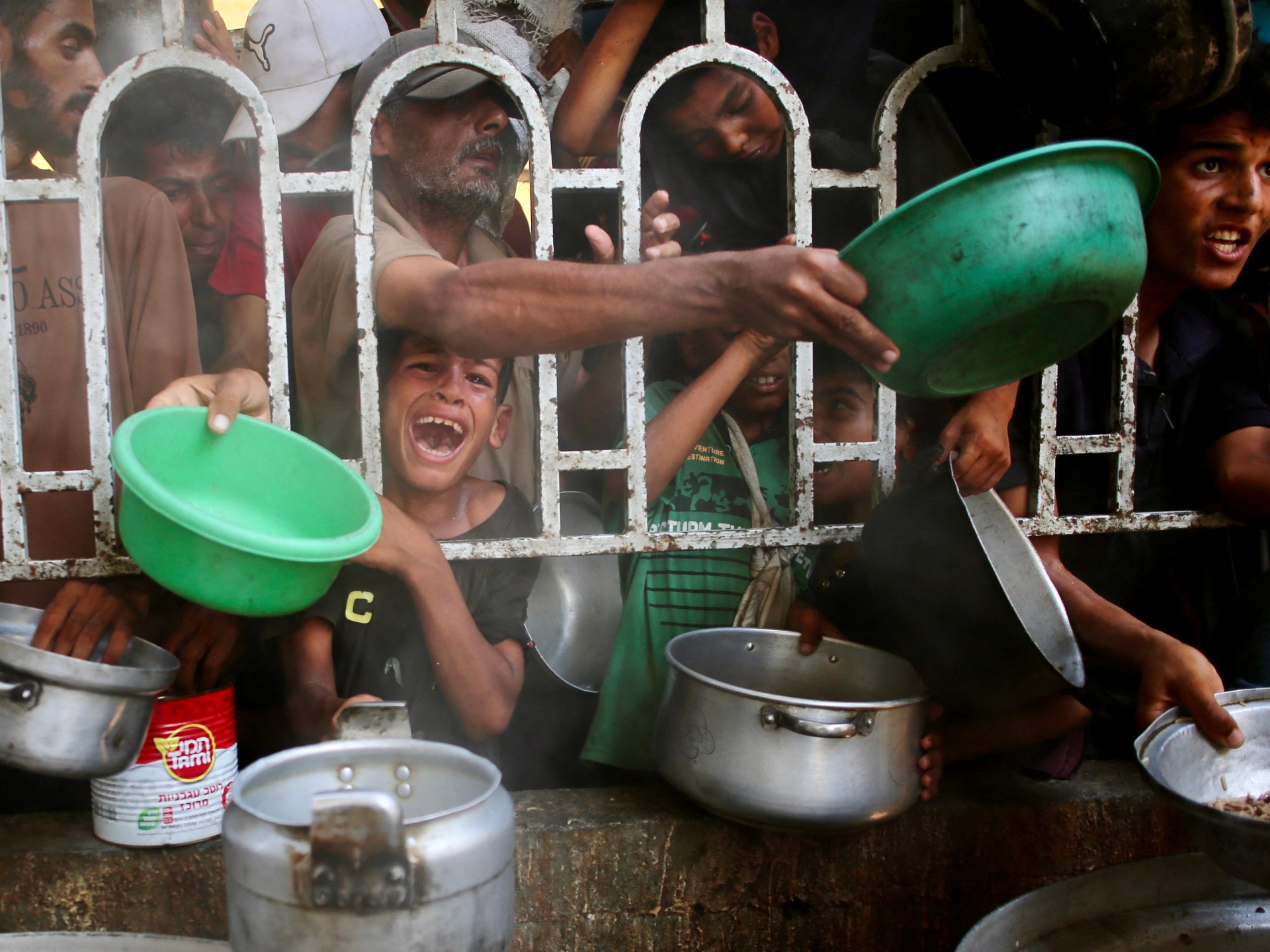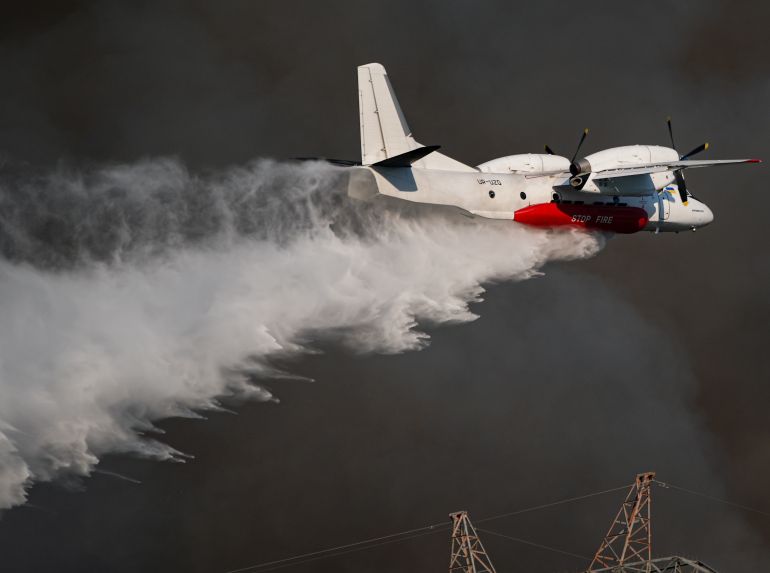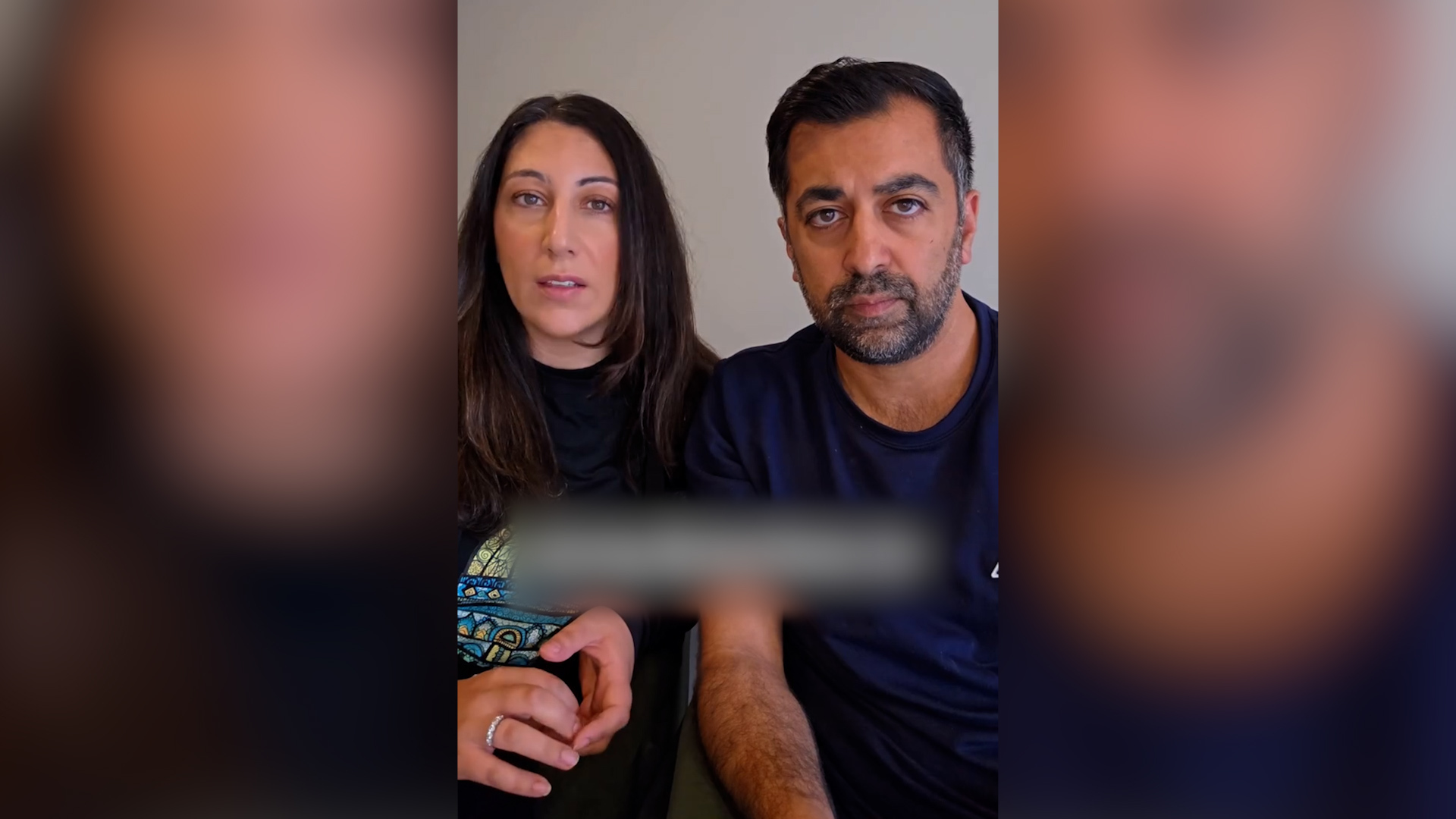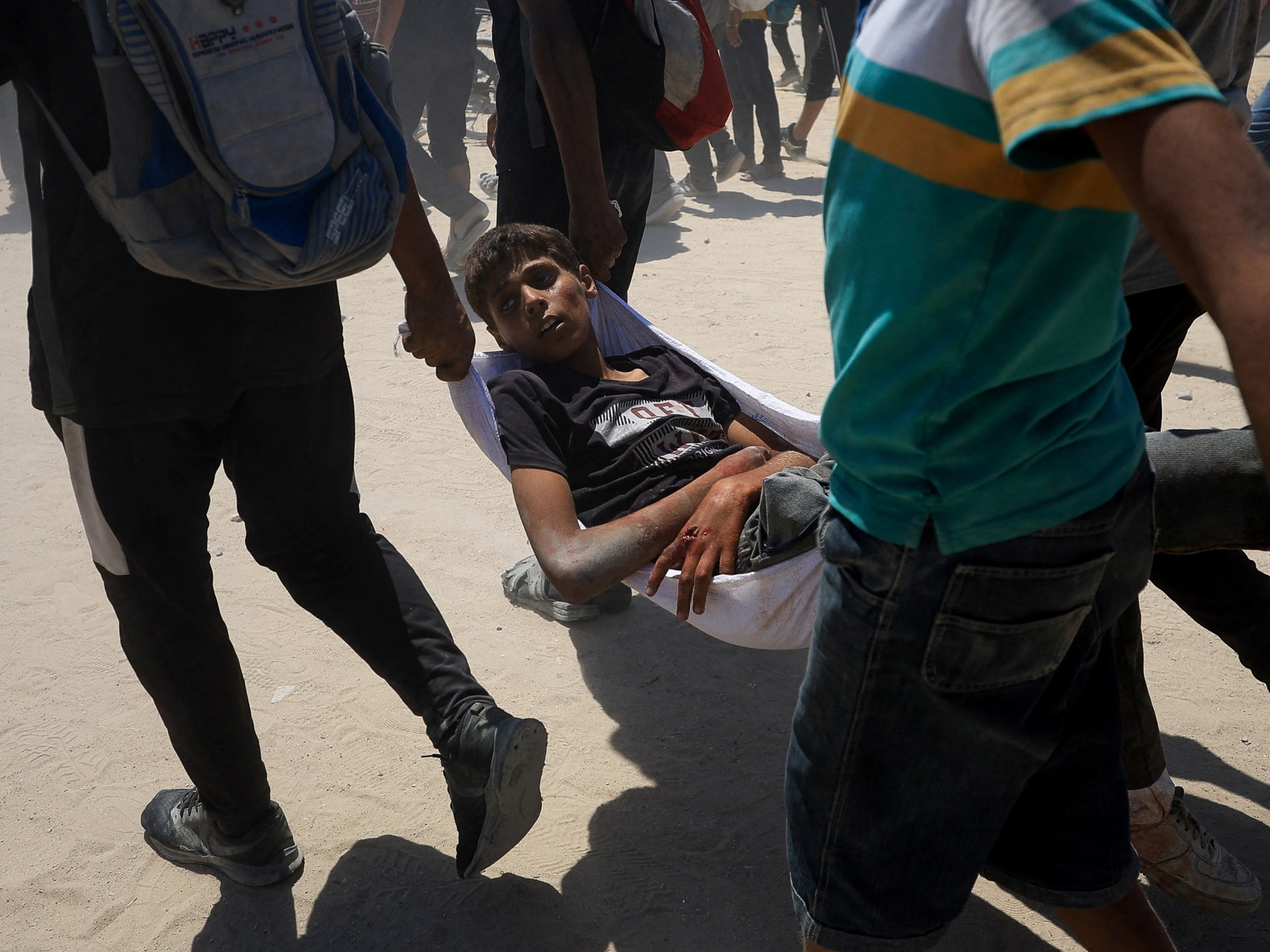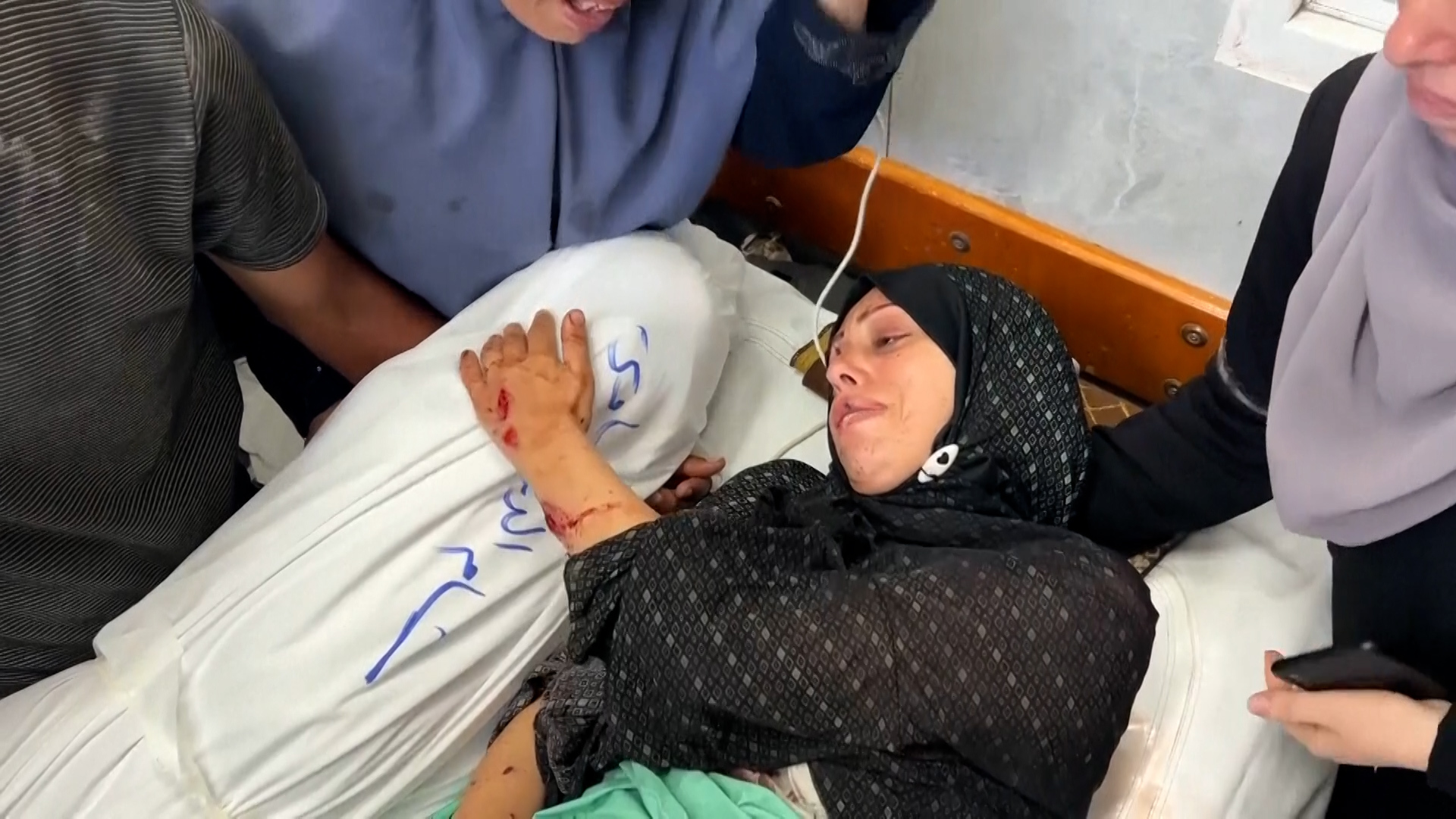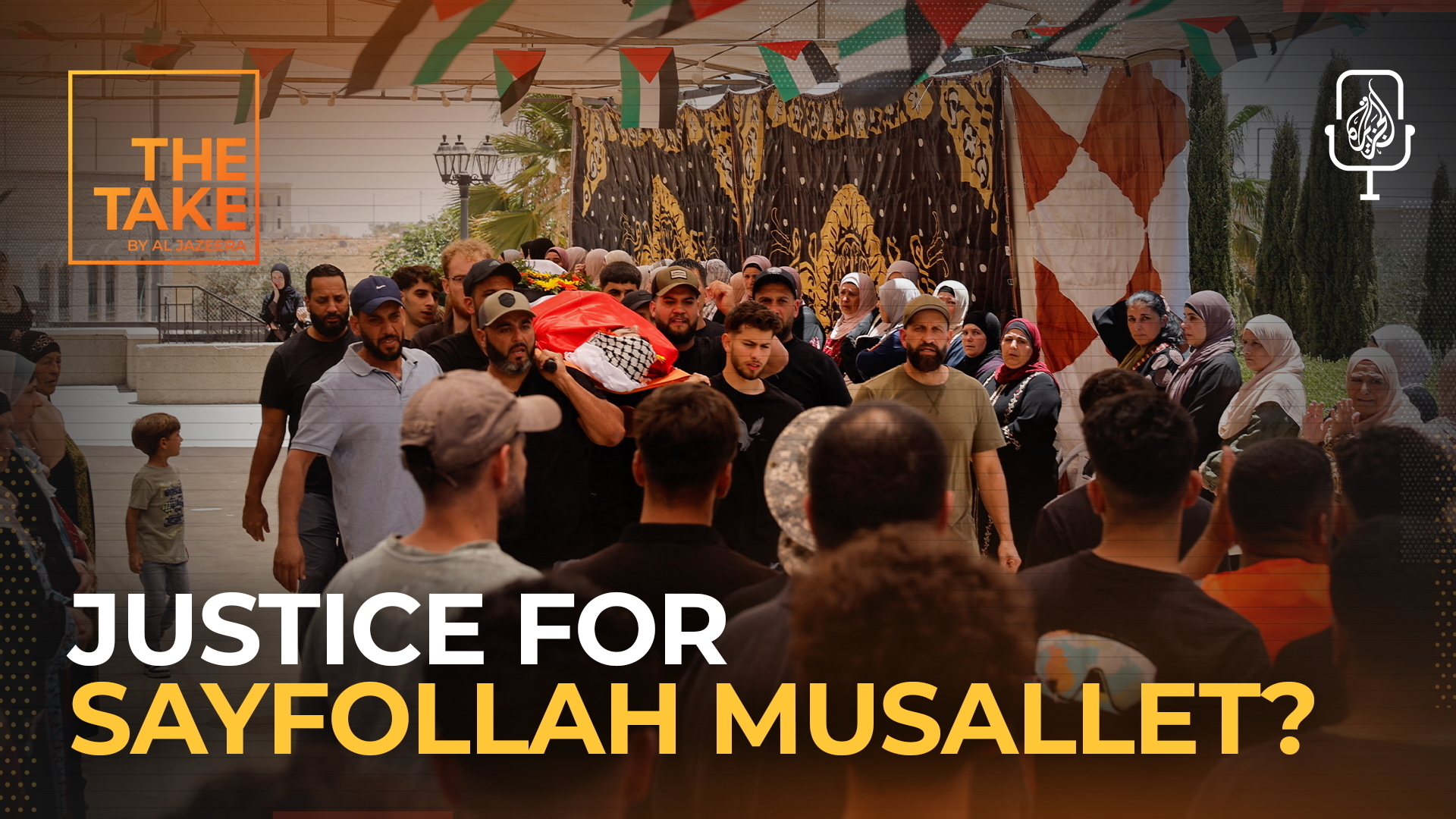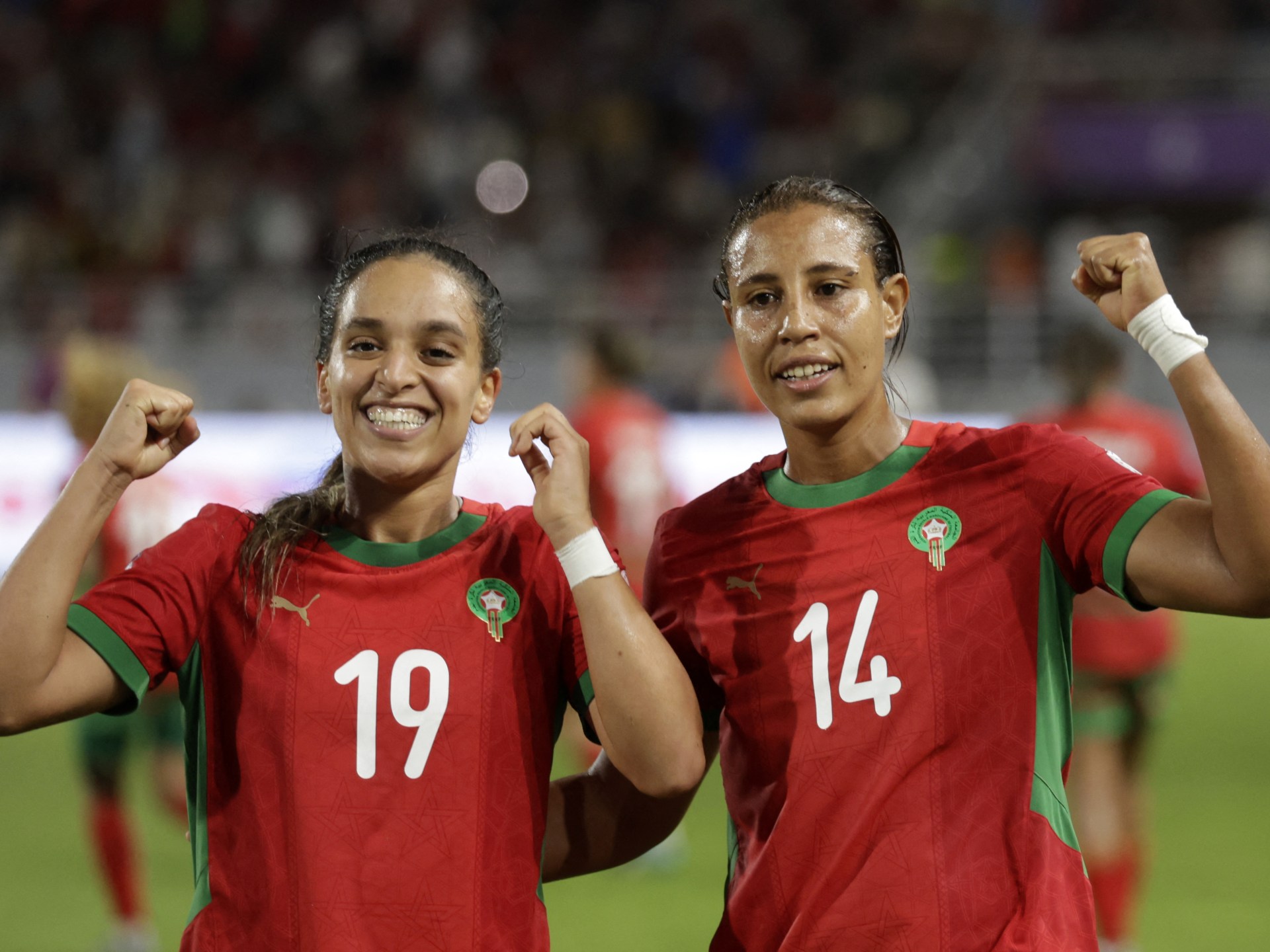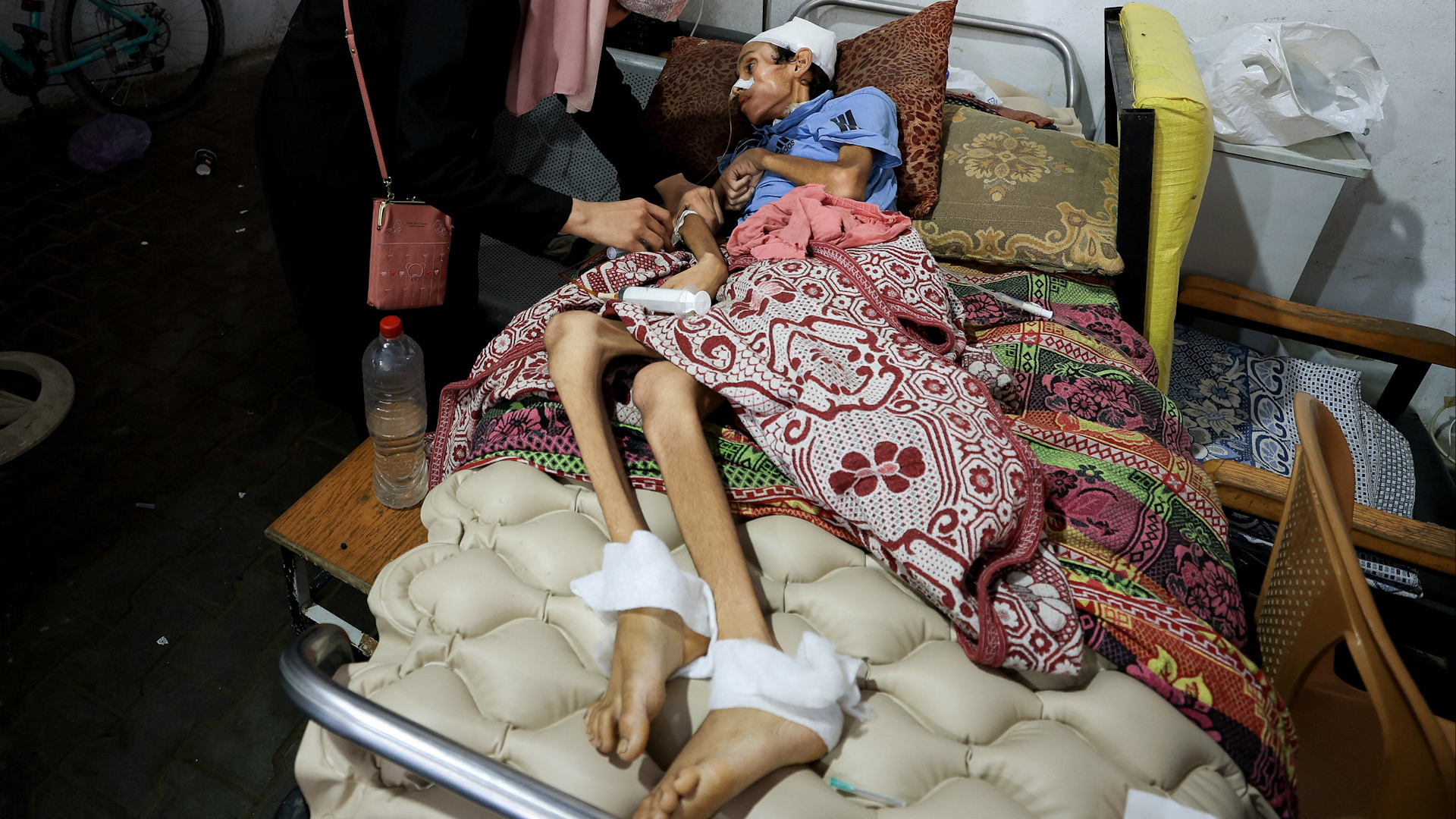US, Israel recall teams from Gaza ceasefire talks after Hamas proposal | Gaza News
US special envoy Steve Witkoff accuses Palestinian group of showing ‘a lack of desire’ to reach a ceasefire in Gaza.
United States special envoy Steve Witkoff has said he is cutting short talks aimed at reaching a truce in Israel’s war on Gaza, after the latest proposal from Hamas showed “a lack of desire to reach a ceasefire”.
Witkoff made the announcement in a statement on Thursday, just hours after the office of Prime Minister Benjamin Netanyahu said Israel had also recalled its negotiating team from Qatar amid the latest diplomatic flurry.
There was no immediate comment from Hamas. The group has repeatedly accused Israel of blocking a ceasefire agreement.
Earlier in the day, Hamas had submitted its latest response to a ceasefire framework floated by mediators Qatar, Egypt and the US. Netanyahu’s office confirmed receipt of the response, and said it was under review. Neither side disclosed the contents.
Both Israel and Hamas are facing growing international pressure to reach an agreement as the humanitarian and hunger crisis in the territory continues to deteriorate sharply amid Israel’s severe restrictions on the entry of aid.
At least 115 people have died from malnutrition since Israel launched its war on Gaza in October 2023, mostly in recent weeks, as the United Nations and aid agencies have warned that Gaza’s residents were facing mass starvation.
“While the mediators have made a great effort, Hamas does not appear to be coordinated or acting in good faith,” Witkoff said in a statement.
“We will now consider alternative options to bring the hostages home and try to create a more stable environment for the people of Gaza,” Witkoff said, without elaborating.
Witkoff, a businessman with no formal diplomatic experience prior to his appointment, said the US remains “resolute” in seeking an end to the war in Gaza, adding it was “a shame that Hamas has acted in this selfish way”.
The current proposal under discussion has been reported to include a 60-day ceasefire in which Hamas would release 10 living captives and the remains of 18 others. In turn, Palestinians imprisoned by Israel would be released and aid supplies would be ramped up as the two sides held negotiations on a lasting truce.
Details of the current sticking point were not immediately clear, but officials from both sides have previously pointed to a dispute over what would happen in the wake of any new ceasefire.
Israel has repeatedly said it plans to deploy the military long term in Gaza, seeking a complete defeat of Hamas, despite warnings that such a goal is unrealistic.
Earlier this month, Israeli Defence Minister Israel Katz reportedly laid out a plan for the forced transfer of Palestinians to a “humanitarian city” within Gaza, a maximalist approach that critics say would violate international law.
Israel’s government has also faced domestic pressure over the plan, amid fears it would foreclose ceasefire negotiations and block the release of captives still held in Gaza.
Reporting from Washington, DC, Al Jazeera’s Shihab Rattansi said it remained unclear whether the US withdrawal from the talks was a “negotiating tactic”.
“It’s a very sternly worded tweet, talking about ‘alternative options for a more stable environment for the people of Gaza,’” he said.
“We know that Trump simply hasn’t ruled out ethnic cleansing, so-called ‘self deportation’, in his words, of Palestinians.”
“Right now, we simply don’t know whether it’s a negotiating position or the end of the negotiations,” Rattansi said.
Israel’s war in Gaza has killed at least 59,587 Palestinians since it began in the wake of the Hamas-led attack on southern Israel on October 7, 2023, which killed at least 1,139 people.
This week, more than 100 aid groups blamed Israel’s restrictions on aid for “mass starvation” in the enclave.
